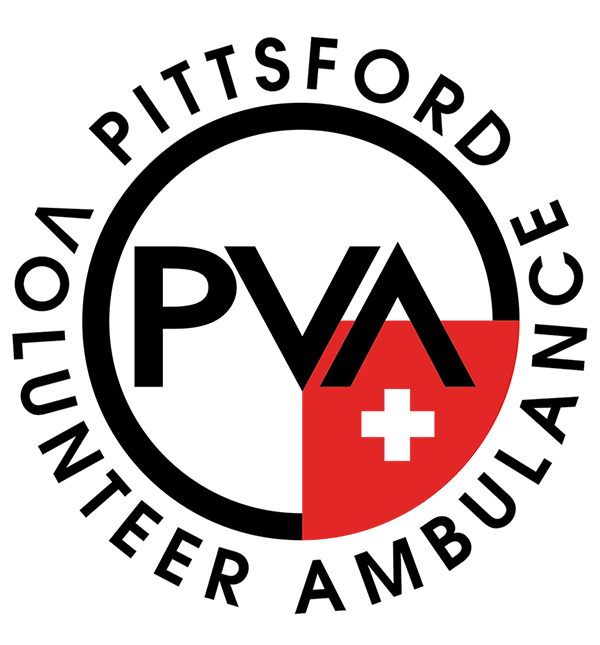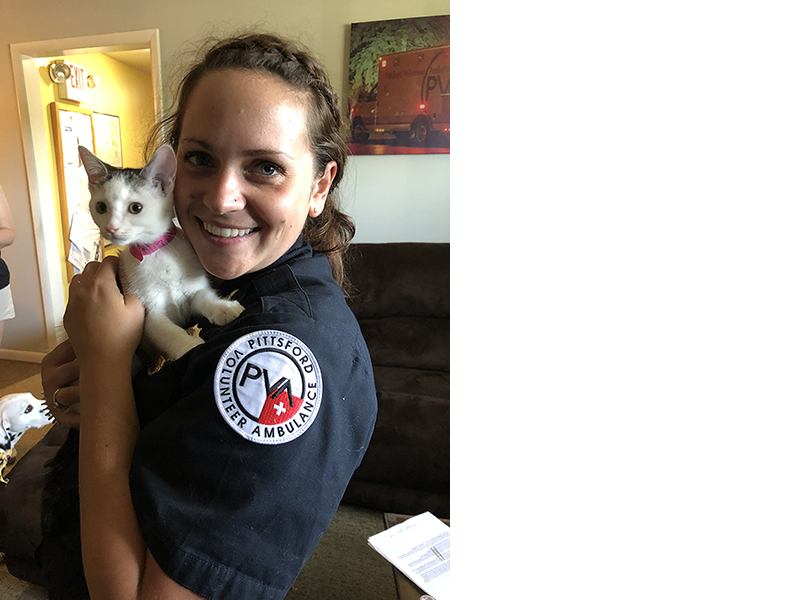“I recall being a little peanut playing with hot wheel cars in the back of an ongoing refresher class.” Adrielle states, when being asked how she got started. Both of her parents were Providers in EMS before she was born and all throughout her childhood.”
“Fast forward to age 17 when I joined Livonia Ambulance and got my CFR. Shortly after I turned 18, I completed the EMT class and continued as a basic there until I became a Paramedic.”
Adrielle has continued her medical education and is now a member of RIT’s Physician Assistant Program, Class of 2021. Knowledge was the draw for Addie. She cites her Paramedic education as the jumping off point for her medical career, breeding a desire to learn more.
“I grew a true love for the study of medicine and realized that I would never be truly happy if I did not fill my void for more education on medicine and the pathophysiology of humans.”
Addie’s program is 5 years long with an incredible workload but she still finds time to work at PVA. “Anyone involved in EMS knows the job has its own kind of addictive element,” she says. “It’s entirely unpredictable and you can never really be the best. Because there are so many variables, you can train and train and practice for your whole career and still come across an entire unique situation.”
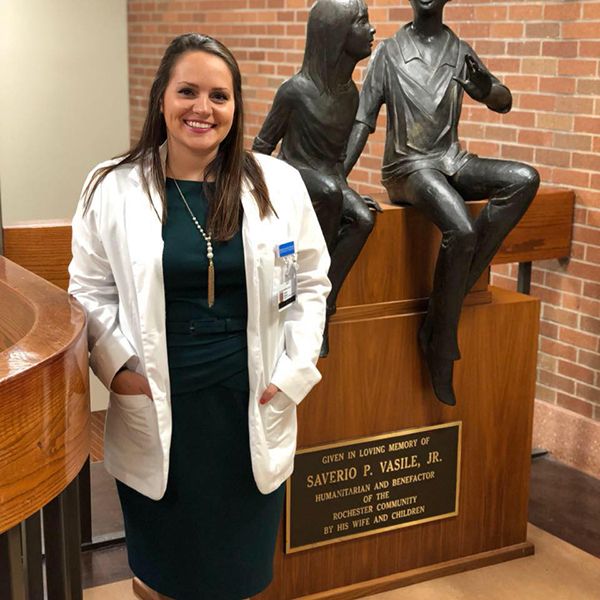
The PA profession was established in 1967 to fill an important space in the healthcare field. As of 2019, there are over 140,000 certified PAs in the USA and the 2020 US News and World Report listed the Physician Assistant profession as the #2 Best Healthcare Job. Addie believes EMS has greatly helped her become an amazing future PA.
“I believe that it’s mutually beneficial, it truly helps drive home what I have learned in school and in turn makes me a more astute clinician when on duty. In general though, the clinical knowledge and paramedic academia gave me an incredible foundation to use while learning in PA school. It is rare that I feel like I am learning a topic for the first time.”
But how are the perspectives different?
“I see the role of a paramedic as a very personal and short term – you learn a lot about a patient then transfer care. The role of a PA is less intensely personal as there are many other moving parts and the time spent at bedside is less.”
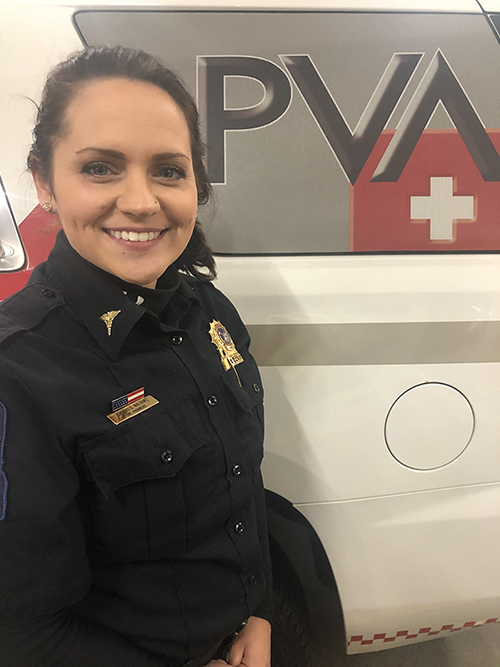
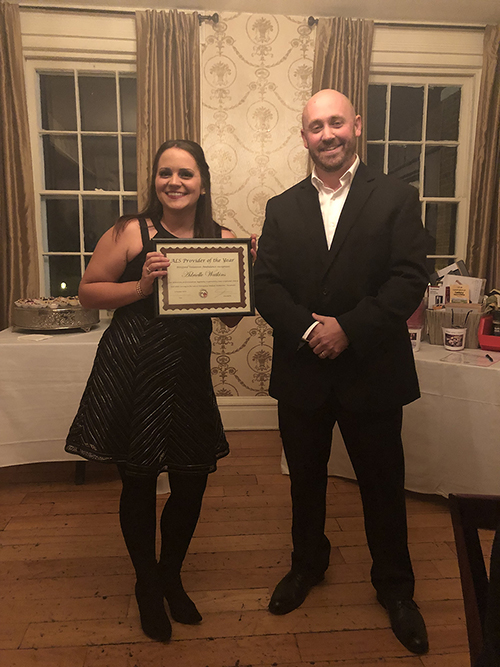
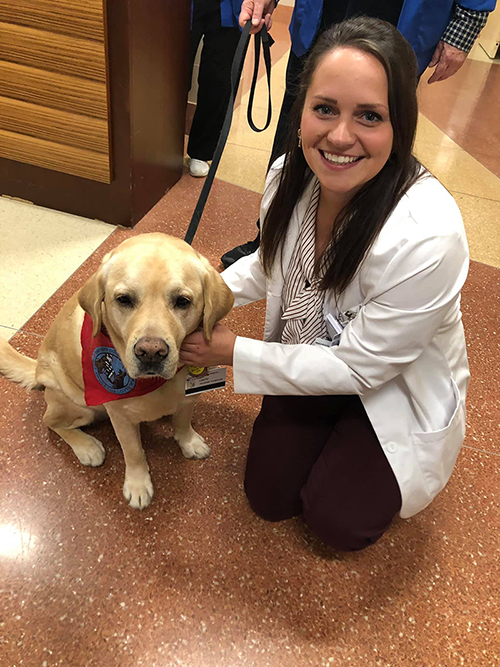
“The most challenging and rewarding piece of EMS? In many situations, you are the first piece of hope in someones scariest moment, the worst day of their life. The amount of trust placed on the EMS provider is one of the biggest honors and responsibilities.”
Her thoughts on where EMS is going are quite interesting. “I am not sure I have the true big picture, but as things like the mobile stroke unit and ECMO in other states surface I would not be surprised to see a bit more of ‘the hospital coming to the patient’ with more APPs in the field”- We think there’s a good chance we will keep seeing a lot of Ms. Watkins once she’s a practicing PA.
“On my bucket list is to work in a system with ECMO in the field which will keep my involvement in the prehospital setting. I am continuously humbled with the amount of responsibility and scope of a paramedic.”
